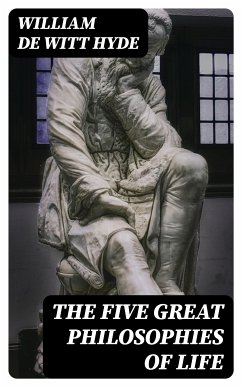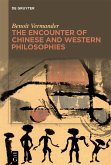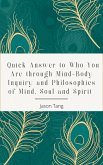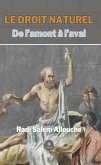In 'The Five Great Philosophies of Life' by William De Witt Hyde, the author explores five major philosophical perspectives that have shaped human thought throughout history. Hyde delves into the teachings of Confucianism, Buddhism, Hinduism, Islam, and Christianity, examining their core principles and ethical outlooks. His writing style is scholarly and engaging, making complex philosophical concepts accessible to readers of all backgrounds. By placing each philosophy within its historical and cultural context, Hyde provides a comprehensive overview of each belief system's contributions to society. This book is an invaluable resource for anyone interested in exploring the fundamental ideas that have guided human behavior and understanding for centuries. William De Witt Hyde, a prominent philosopher and educator, brings his expertise to 'The Five Great Philosophies of Life'. As a former president of Bowdoin College and a respected scholar of ethics and theology, Hyde's insights into the philosophical traditions he covers in this book are both profound and thought-provoking. His academic background and intellectual curiosity are evident in his insightful analysis of each philosophy's impact on society and individual morality. I highly recommend 'The Five Great Philosophies of Life' to readers who are seeking a deeper understanding of the fundamental principles that have shaped human civilizations. William De Witt Hyde's detailed exploration of Confucianism, Buddhism, Hinduism, Islam, and Christianity offers a valuable perspective on the diverse ways in which people have sought meaning and guidance throughout history.
Dieser Download kann aus rechtlichen Gründen nur mit Rechnungsadresse in A, B, BG, CY, CZ, D, DK, EW, E, FIN, F, GR, H, IRL, I, LT, L, LR, M, NL, PL, P, R, S, SLO, SK ausgeliefert werden.









